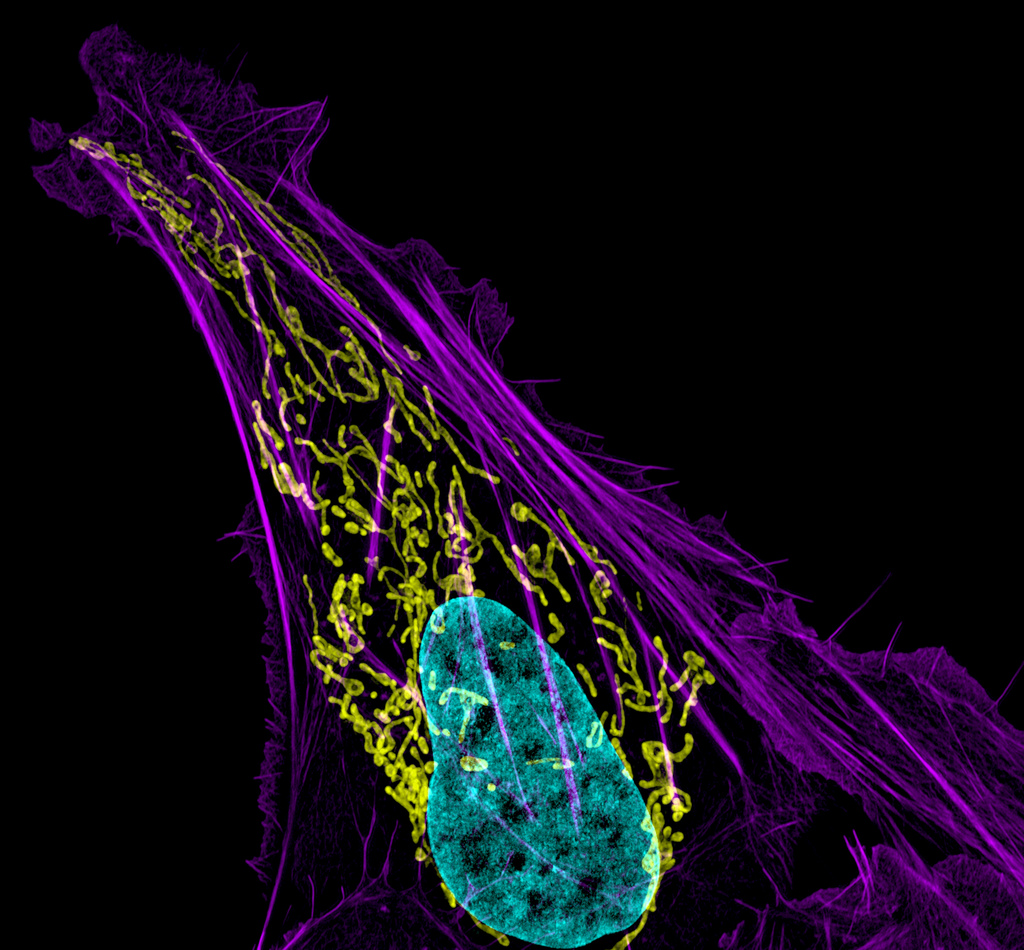Share this Page:
A recent study published in the journal Translational Oncology suggests that bone-targeted therapies, such as denosumab and zoledronic acid may have a continued role in the treatment of patients with metastatic renal cell carcinoma (mRCC) in the era of targeted therapy and immunotherapy.
Bone is the second most common site of metastasis in patients with mRCC. Treatments such as denosumab and zoledronic acid may prevent complications of bone metastases, such as skeletal-related events. This study looked at the benefit of these treatments in combination with tyrosine kinase inhibitors (TKIs) for mRCC patients with bone metastases.
Forty-six mRCC patients with bone metastases were investigated in the study. Of the 46 patients, 37 received TKIs only and 9 received TKIs plus either denosumab or zoledronic acid. Median overall survival was longer among patients in the bone-targeted therapy group (29.6 vs 13.8 months).
The researchers suggest that although the difference in median overall survival was not statistically significant, a 16-month improvement in survival in the bone-targeted therapy plus TKI group may be clinically significant.
They also noted, “Given the resurgence of immunotherapy and development of new targeted therapies for mRCC, the treatment paradigm for bone metastases will continue to evolve.”













